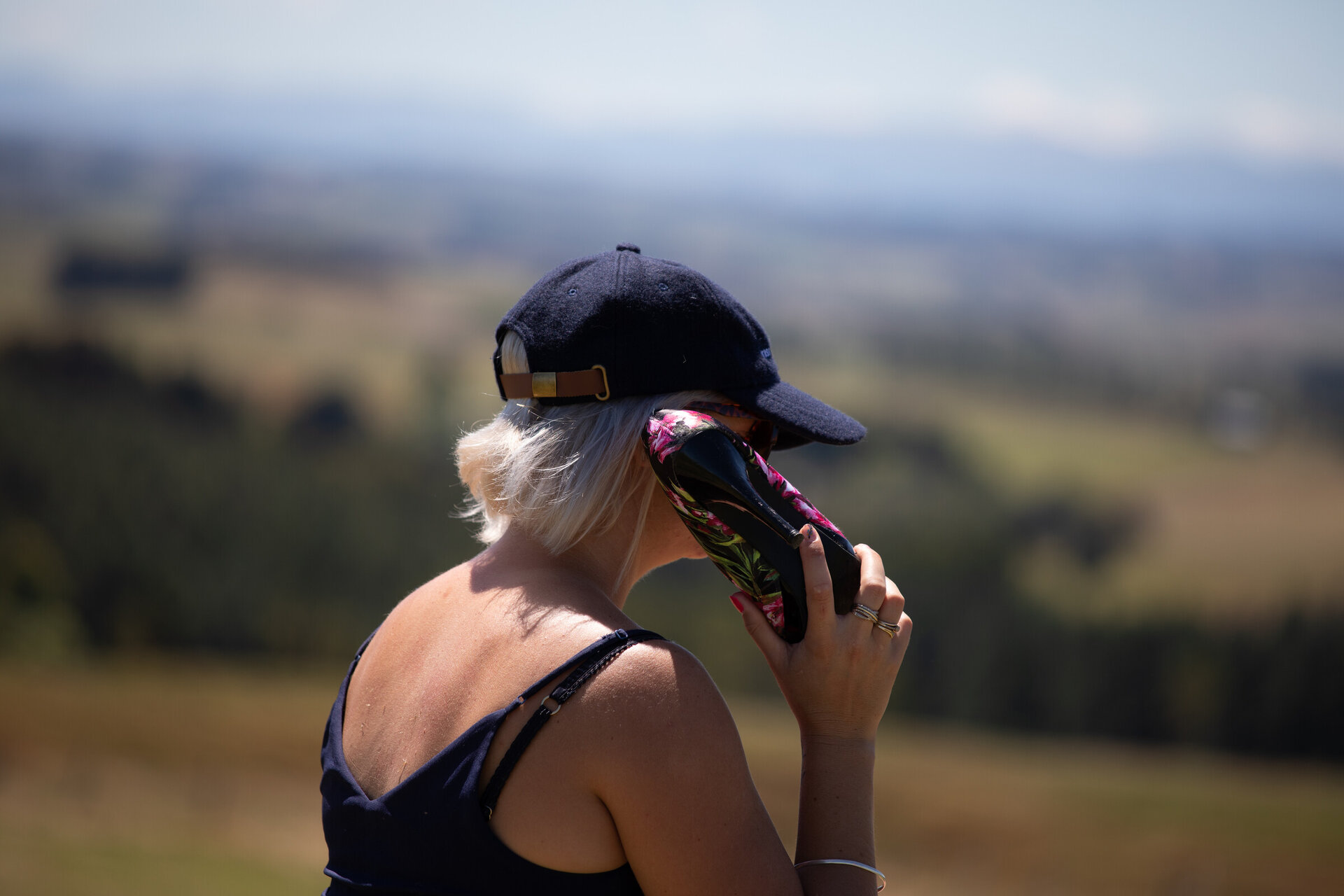Recent political upheaval in Europe and the US has made the world a much more complicated place to do business. The decision by the UK to leave Europe and the election of Donald Trump as incoming President of the US has striking similarities, with consequences that will impact on New Zealand for many years to come.
No one should doubt this movement for nationalism against the retention of the status quo.
The ‘Brexit’ referendum and the US election defied the pollsters and pundits, and delivered a poke in the eye for the establishment. The Trump catch phrase to “Make America great again” could have been equally applied to those advocating for ‘Brexit’ by regaining control over migration and a bloated EU bureaucracy.
In many other countries the theme is the same.
Populism and nationalism reigns over views for an integrated world, where movement of people and products is the norm.
So what does this mean for New Zealand??
How should our exporters react when the world seems to be more inward looking and protectionist by the day??
Firstly we need to recognise that with a population of only 4.6 million people we will never be reliant on selling our products to ourselves. Most countries consume about 90% of their own products within the borders of their own countries. New Zealand has a unique and opposite profile by exporting about 90% of what we produce to over 200 countries around the world.
Success for New Zealand will always depend on having access to world markets on favourable and competitive terms.
It is important to remember that New Zealand has not lost markets due to the political winds of change in key markets. The terms of access may change, and in all cases we are advocating for access on better terms than before.
The final outcomes will be known in the fullness of time, and in the meantime New Zealand is not sitting idle. In a world that has become increasingly inward looking, we are working incredibly hard to maintain our relevance among others seeking to profit at our expense.
Among the turmoil of world politics, one thing is clear.
Demand for the products New Zealand produces continues unabated among a growing consumer middle class. The opportunity for New Zealand is not in feeding the masses in a rapidly growing world. Milk and meat products from grass fed, hormone free, antibiotic free, naturally raised livestock is growing at a pace beyond our ability to supply. Sustainably produced, residue free, quality and safe horticultural products are facing unprecedented demand.
If New Zealand is to capitalise on this growing demand for our food we must get better at promoting ourselves and validating our story.
It is no longer good enough to respond when challenges are made to our integrity!
Getting on the front foot in advance of questions that will inevitably be raised in the face of an increasingly nationalist agenda is crucially important for us all.
Global politics may be changing but the fundamentals of food security have not.
This is not the time to give up on trade and the opportunity to improve our market access arrangements. Now, more than ever is the time for us to reach out to our trading partners and form closer trusted relationships that will take New Zealand forward in the world of food.
For a country that relies on the world for a living, our future success depends on this.
Mike Petersen is a farmer who also works to improve New Zealand’s position in international markets in his role as New Zealand’s Special Agricultural Trade Envoy.
Mike has always reinforced the need for New Zealand exporters to work hard in securing deep, value creating connections in international markets. Immersion in these markets provides Mike with unique insights into the opportunities and challenges facing New Zealand’s primary sector at a time when the world trading environment has become increasingly inward looking and protectionist.



